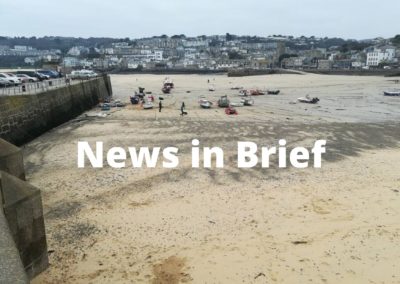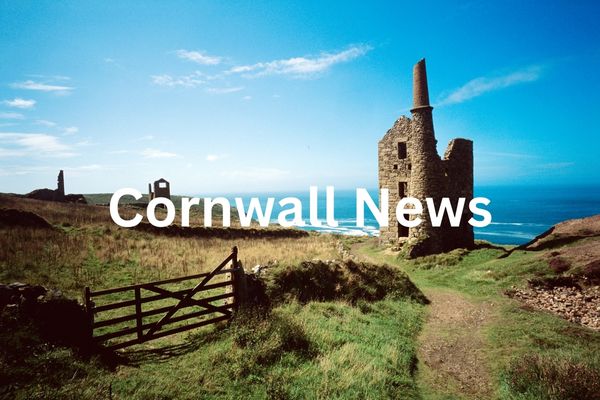Cornwall Council is calling on the government to commit to rebuilding the economy to meet the challenges of the climate emergency and boost community resilience.

The unitary authority recently became the 100th member of UK100, an influential network of local authorities working on a full transition away from fossil fuels, and also a founder member of the Countryside Climate Network,which will further promote the voice of Cornwall and rural issues in the climate change debate.
Now Cornwall’s portfolio holder for climate change and neighbourhoods, Cllr Edwina Hannaford, has joined UK100’s Resilient Recovery Taskforce, a coalition of 24 council leaders and mayors representing 25 million people across the country, who have come together to press the government for a green economic recovery package that reduces carbon emissions and strengthens communities.
The task force will work to influence ministers on the importance of climate action to bring economic protection and benefits to communities ahead of the government’s Comprehensive Spending Review, expected early next year.
It will also call for more devolved powers to be given to local authorities to tackle the climate emergency, and for the environment to be considered in all decision making in a way that Cornwall Council is already pioneering with its Decision Making Wheel to prioritise the social, economic and environmental needs of residents in its planning and policies.
Cornwall Council has recently pledged to speed up its climate change action plan to help Cornwall become carbon neutral by 2030 and is calling on the government to provide the resources and powers needed for action in three areas:
Action areas
Housing retrofit: to provide funding and training needed to undertake the mass retrofit of all Cornwall’s homes below energy performance certificate (EPC) level C by 2030. Cornwall recently became one of three authorities in the country to win government funding for the Whole House Retrofit Innovation pilot programme, to make homes more energy efficient.
New-build homes: a faster transition towards the Future Homes building regulations standard as the best way to build low-carbon homes through clear national government regulation, prioritising higher fabric standards.
Grid reinforcement: vital upgrades to the South West’s electricity grid. Currently, Cornwall generates around 37% of electricity from renewables, up from around 6% in 2009. Its first smart grid-connected wind turbine to help Cornwall better manage its energy supply and reduce Cornwall’s greenhouse gas emissions by more than 3,300 tonnes a year is set to start generating electricity in September. Cornwall Council has made a £3m commercial investment into the wind turbine and will own and operate it once constructed.
Cllr Hannaford said: “The need for an economic recovery package that creates resilience in our communities and reduces carbon emissions is more important now than it has ever been.
“As a member of UK100’s Resilient Recovery Taskforce, I am calling for the government to commit to a green recovery that is fair for all our residents and places their wellbeing at its core.
“Local leaders like Cornwall Council have played an essential role in tackling the Covid-19 crisis and we have an essential role in shaping what comes next. Prioritising environmental and social benefits to ensure our decision-making helps our people and planet to thrive will be a key pillar of our work to help our residents, businesses, and communities to become more resilient in a period of unprecedented change.”
Cornwall was one of the first authorities in the country to declare a climate emergency in January 2019 and its climate change action plan approved unanimously by its Cabinet last summer has been praised by other councils for its strong systems leadership approach and focus on bringing environmental, economic and social benefits for residents.
Key schemes of Cornwall Council’s Carbon Neutral Cornwall programme are: the 8,000-hectare carbon-absorbing Forest for Cornwall; the Whole House Retrofit Innovation project to make homes more energy efficient; a new, climate emergency planning document to promote renewable energy including the commitment to power all new homes with alternative sources to gas; and a new decision-making framework to prioritise environmental and social benefits in all Council policies.



